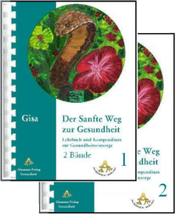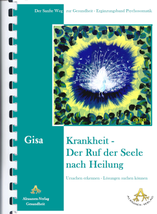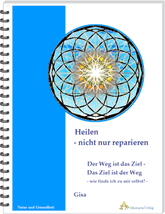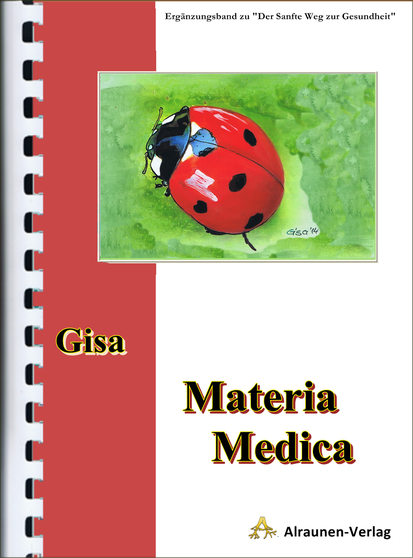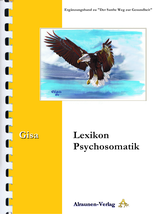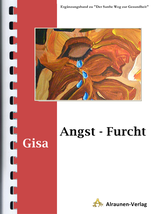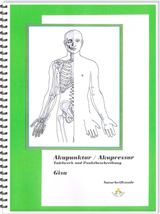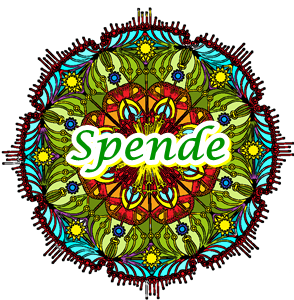Botanical name : Brassica Arvensis, Sinapis arvensis L
Family Brassicaceae
Synonyms :
- Latin : Brassica napus L.
- English; Field mustard
- French: Navet
- German: Wilder Senf
Mind/emotions
Gloomy and depressive state; joyless introversion. Feels as if a dark cloud overshadowed the mind, cannot raise above it. Brooding and moroseness; unmotivated to engage in interaction with others.
Lack of incentive to pursue usual tasks; lack of aspirations. Negative expectancy in regard to endeavors, feels stifled and subdued. Potentials are not actualized; the joy of accomplishment is not awakened fully or temporarily submerged. Feelings of meaninglessness, boredom, self-pity, regret, and resignation. Mental dullness and unresponsiveness. Depressive disorders; retardation with marked joylessness and withdrawal.
- MIND – CONCENTRATION – difficult
- MIND – UNCONSCIOUSNESS
- MIND – ANXIETY
- MIND – DELIRIUM
- MIND – HYPOCHONDRIASIS
- MIND – IRRITABILITY
Physical
Lack of vitality and stamina; lethargy. Chronic fatigue and listlessness. Lack of normal appetite; lack of healthy bowel function (constipation). Eating disturbances, resulting in weight gain or weight loss. Lack of interest in healthful recreation and in establishing wholesome nutritional routines; obesity, peptic ulcers, non-insulin-dependent diabetes may be the consequence.
Sleeping disturbances. Head injuries when there is a tendency to depression and gloominess after the accident; consciousness appears to receive less brightness and clarity after damage to nerves of the head has occurred and after skull plates have been subjected to misalignment from the impact of the blow.
- Obesity
- Peptic ulcer
- Non-insulin-dependent diabetes
- Ulcerative colitis and Crohn’s disease
- Self-inflicted skin lesions (dermatological artifact)
- Cardiac neurosis
- Gastric and duodenal ulcers – patients with character neurosis
Compare
Gorse: Deep-seated hopelessness; no incentive to live.
Sweet Chestnut: Sense of meaninglessness and despair; nihilism; agony of soul and body; suicidal depression.
Wild Oat: Lack of direction and purpose; unfulfilled potentials.
Rock Water: Depression and joylessness on a deep level, while disciplined routines are engaged in and self-mastery is reinforced.
Elm: Lack of power to rise above and master the overwhelming tasks ahead; lack of joyful incentive.
Larch: Despondency from lack of self-confidence; negative expectancy.
Pine: Brooding and gloominess from self-reproach and guilt.
Oak: High emphasis on loyalty and doing one’s job, while recreational joys are neglected; inner sadness and despondency develop.
Chicory: Moroseness and self-pity when service done is not appreciated or when not receiving attention as a person.
Homoeopathic Medicine and Mustard
Aurum metallicum: Despondency and depression; dark cloud over mind; deep-seated joylessness, even loses will to live; feels deserted, nostalgic longing to see his family and friends; may come on after a head injury; cardiac neurosis; constipation; chronic fatigue syndrome.
Graphites: Feels subdued and depressed; lack of actualization of potentials; worries about having to do things, yet cannot bring own self to do them; instead, nervously shifts about; mental dullness; peptic and duodenal ulcers; obesity; constipation; lethargy.
Cimicifuga racemosa: Great depression, moroseness; feels as if enveloped by a dark cloud; negative expectancy in regard to the future, as if evil is impending; (loquacity); (rheumatic, stiff muscles; pains like electric shocks).
Carbo animalis: Depressed, gloomy, and devitalized; feels as if there is a black bar over the forehead or a black shadow over one’s consciousness; sits lost in meditation, may long for the happiness of the past (see Honeysuckle); gastric ulcer; (general tendency to malignancy); constipation; chronic fatigue syndrome.
Natrum sulphuricum: Severe depression, especially during rainy, gloomy weather; mental dullness, dislikes intellectual activity; suicidal tendency; peptic ulcer, ulcerative colitis; diabetes; may come on after head injury.
Opium (Papaver somniferum): Darkened consciousness, apathetic state, can have peaceful, drowsy quality; (total loss of consciousness); may come on after head injury or from fright; easily frightened; loss of appetite; diabetes; obstinate constipation from inactivity of small intestine; sluggishness and lack of vital reaction; chronic fatigue syndrome.
Naja tripudians: Gloomy brooding over imaginary wrongs and misfortunes; bad effects from grief; absent-mindedness, irresolution, suicidal ideation; loss of appetite; fatigue and listlessness; depressed mental and physical powers; cardiac neurosis.
Cicuta virosa: Depression and indifference, but also childishness and retardation of the mind; may come on after head injury; aversion to company; (head drawn backwards and twisted to one side; spasms and cramps in muscles; strabismus).
Athamanta oreoselinum: Depression and befogged condition of the mind; occiput feels paralyzed, sensation as if a vapor ascended from the occiput, especially when walking; feeling of pressure with numbness in the head, similar sensation in the upper teeth; heavy and prolonged sleep in the morning; increased heat in the head at night; (from description of symptoms appears to be indicated after a head injury); (icy coldness of hands and feet); lassitude and need to rest.
